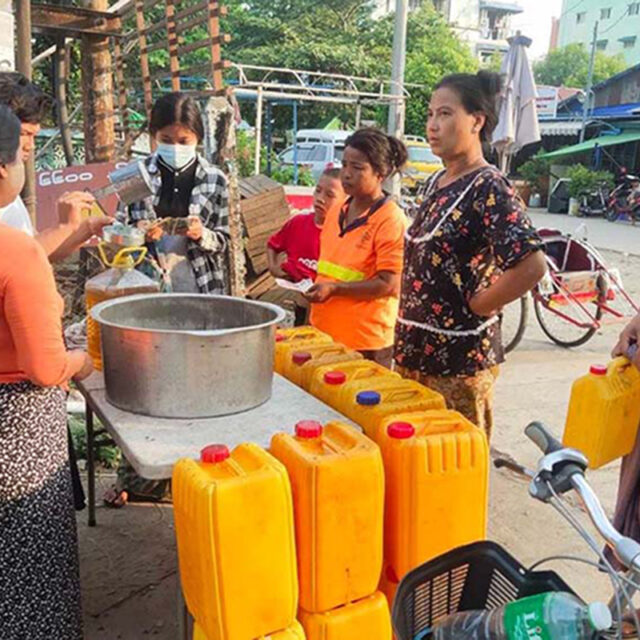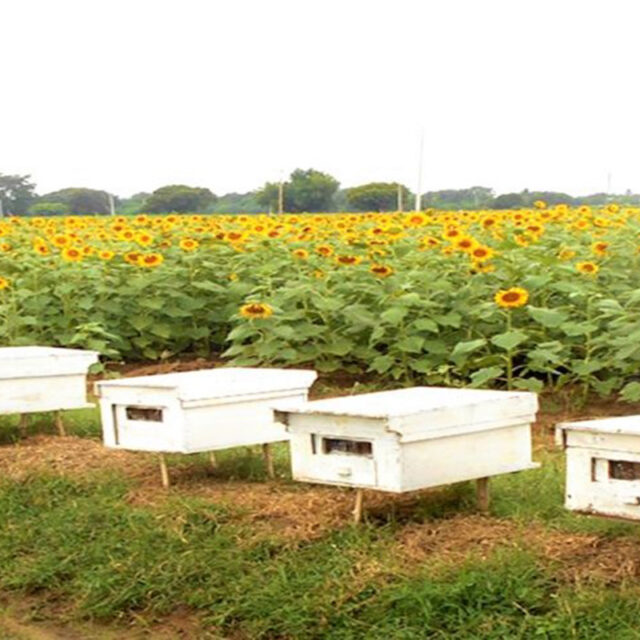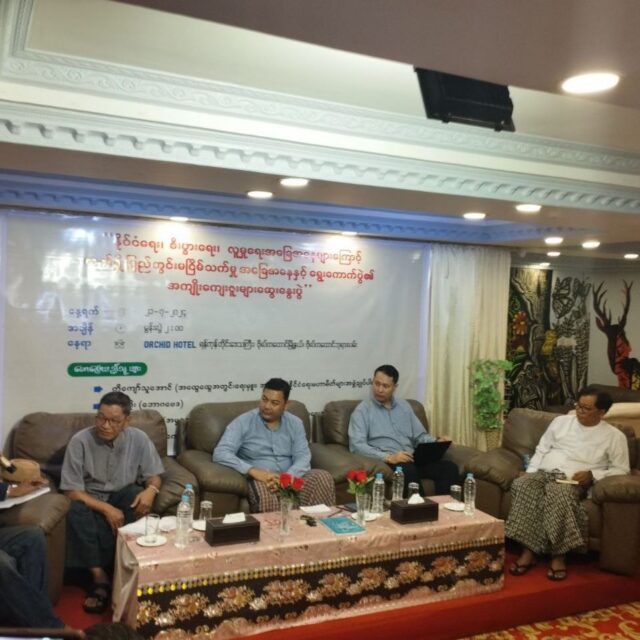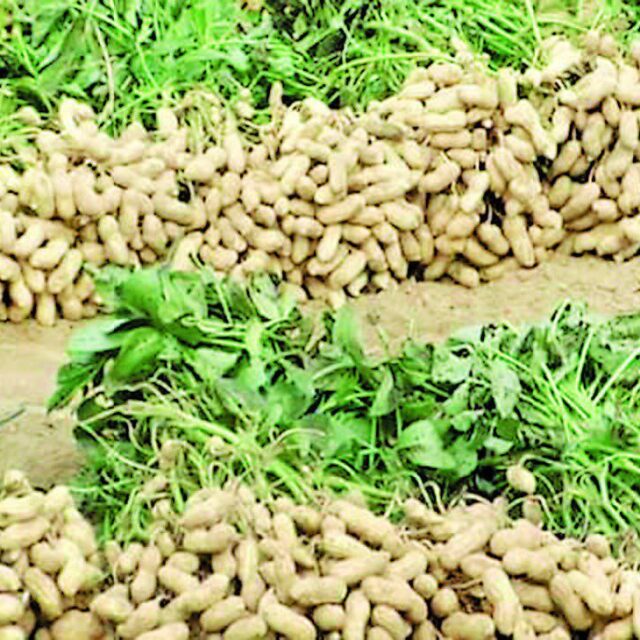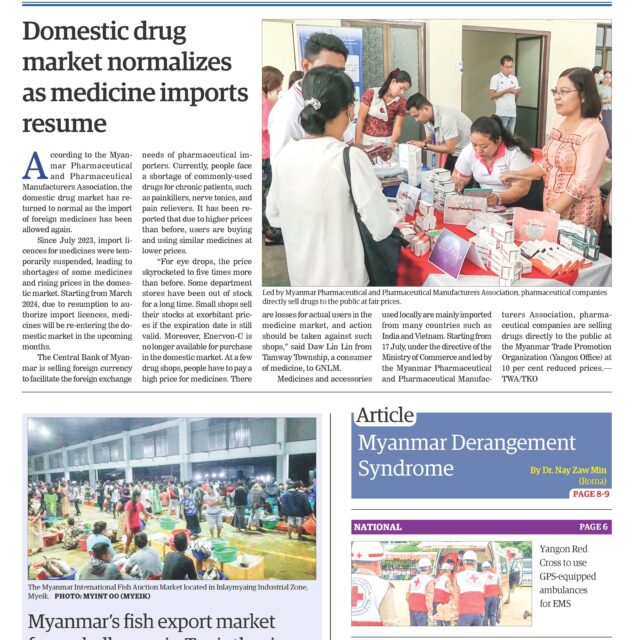The early monsoon season in Myanmar has led to an outbreak of waterborne diseases, including cholera and severe diarrhoea, due to lapses in adherence to health guidelines issued by the Ministry of Health. In June 2024, these diseases emerged in several parts of the Yangon Region, affecting townships such as Thakayta and Dawbon. While patients have sought treatment in hospitals, there is no confirmed information regarding casualties at this time.
To mitigate these diseases, it is crucial for people to adopt healthier daily practices, particularly in food supply and personal hygiene. Cholera and diarrhoea are primarily caused by bacteria, viruses, and parasites that infect the stomach and intestines, often spread through contaminated food and water. Unclean hands can transfer these pathogens from one place to another via food, emphasizing the importance of hand hygiene.
Poor personal hygiene and unsafe sanitation facilities, such as inadequate latrines and septic tanks, are key contributors to the outbreaks. Flies, acting as carriers of viruses and bacteria, exacerbate the problem. Therefore, maintaining cleanliness in personal and communal spaces is vital as a preventative measure.
To prevent severe cholera and diarrhoea, people should avoid consuming unhealthy food and ensure they drink FDA-approved purified water, properly purified water, or boiled water. Handwashing before meals and after using the toilet is essential for all family members. Additionally, using fly-proof or safe toilets and systematically disposing of waste, including food scraps, in designated areas can help minimize fly reproduction.
Diarrhea, characterized by loose, watery, and potentially more frequent bowel movements, can sometimes present with other symptoms such as nausea, vomiting, abdominal pain, or weight loss. While diarrhoea can be a standalone issue, it might also indicate other health problems like irritable bowel syndrome (IBS), ongoing infections, celiac disease, or inflammatory bowel disease (IBD).
Combating the spread of cholera and severe diarrhoea in Myanmar requires a collective effort to improve food safety, water purification, and sanitation practices. By adhering to recommended health guidelines and maintaining high standards of personal and communal hygiene, the risk of these diseases can be significantly reduced, ensuring a healthier community during the monsoon season.
As such, people need to inform relevant health units about finding patients with cholera and diarrhoea diseases in time. Likewise, patients themselves need to get medical treatment at nearby health units if they face severe cholera and diarrhoea diseases. If so, society will easily overcome the challenges of the diseases.





